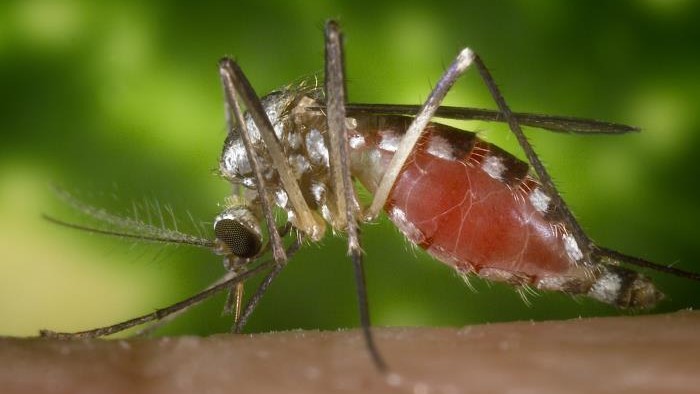Are You Sitting Down? If You're a College Senior, Probably

Forget the freshman 15. Weight gain during the first year of college may be the least of it — the likelihood of packing on pounds increases as students ascend to seniority, according to a new study.
The results show college students become less physically active, and in turn gain more weight , as they progress through their years of higher education.
The drop in physical activity could be due to increased stress and workload for juniors and seniors, said study author Jeanne Johnston, a professor at Indiana University, Bloomington.
And college is a critical transition period, she said, when students are in charge of managing their own health and lifestyle for the first time. If they don't master this during their early college years, they might have a hard time fitting physical activity in later on.
The findings may help researchers develop physical fitness programs for college students so that they are more effective in boosting their activity level.
"We need to evaluate what types of programs we're offering in colleges, both in content and in the timing," Johnston said. "It appears as if it's critical not only to offer it to the freshmen and sophomores, but we need to make sure that we're offering some sort of programs and support to upperclassmen, to make sure that they're able to maintain their physical activity," she said.
Freshmen to seniors
Sign up for the Live Science daily newsletter now
Get the world’s most fascinating discoveries delivered straight to your inbox.
The findings are based on a survey of 1,672 students at Indiana University. Students were asked about their exercise and resting habits, including how much time they spent vigorously exercising, walking or just sitting down.
Freshman spent about 16 and a half hours a week doing some kind of physical activity while seniors spent about 12. Time spent walking decreased from more than eight hours per week to less than six. Time spent sitting, on the other hand, increased from about five and a hour hours per week to six hours and 45 minutes.
In addition, seniors were nearly 18 pounds (8 kilograms) heavier than freshman, on average.
Future work
It's possible seniors walked less because they were more frequent users of campus buses. One way to increase physical activity, Johnston said, might be to promote walking between classes.
Johnston noted the findings are from only one university and thus may not apply to college students in general. Also, the study only looked at differences between all freshmen and all seniors, and cannot say whether any individual freshman will in fact go on to be as inactive as a senior.
Johnston said she would like to see more studies track the physical activity of college students over time, to get a better picture of how it changes. The study will be presented today (Nov. 10) at the American Public Health Association meeting in Denver.
This story was provided by MyHealthNewsDaily, a sister site to LiveScience.

Rachael is a Live Science contributor, and was a former channel editor and senior writer for Live Science between 2010 and 2022. She has a master's degree in journalism from New York University's Science, Health and Environmental Reporting Program. She also holds a B.S. in molecular biology and an M.S. in biology from the University of California, San Diego. Her work has appeared in Scienceline, The Washington Post and Scientific American.










